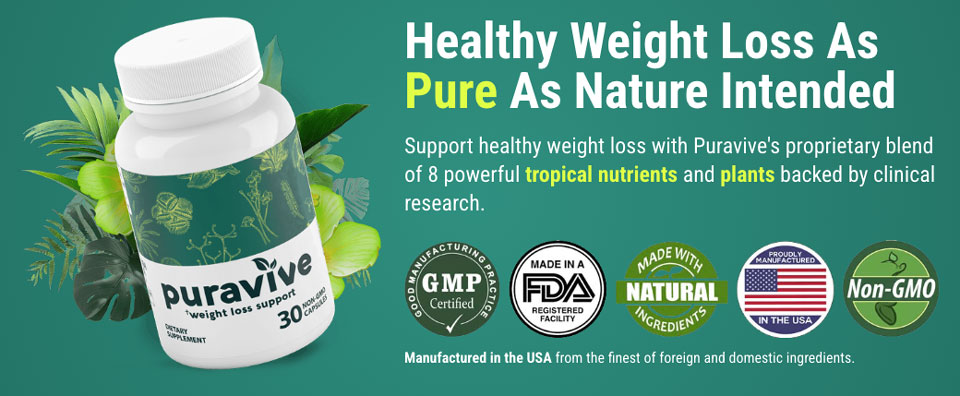Table of Contents
About FHA Loans
Most people need a mortgage to buy a house. The problem is, saving enough money for the 20% required by most lenders is not always easy. And this is where the FHA loans come in.
As noted above, FHA loans are mortgages backed by the Federal Housing Administration. Since these loans are fully backed by the FHA, the lender is fully cushioned against loss, in case you default on the loan.
And this explains why these types of loans tend to have easier qualification requirements, compared to conventional loans.
For instance, FHA loans have lower credit score limits and lower down payment requirements and a higher DTI ratio.
Due to their lenient requirements, FHA loans are a great choice for first-time homebuyers or consumers with low credit scores.
FHA Loan Qualification Requirements
As much as FHA loans are quite lenient when it comes to financial qualifications, you will need to meet certain conditions for you to be considered. Here are some of the FHA loan eligibility requirements:
Credit Score Requirements
Just like conventional loans, you will need to have a certain credit score to qualify for FHA loans. And in this case, you should have a credit score of at least 500 to be considered for FHA loans.
Down Payment Requirements
When it comes to FHA loan down payments, the minimum amount required is directly connected to your credit score.
Consumers with a credit score of 580 and higher are required to make a 3.5% down payment while those whose credit score is between 500 and 579 are required to make a 10% down payment.
So, if a property's appraised value is $300,000, then you will be required to make a down payment of approximately $10,500 if your credit score is 580 and higher.
On the other hand, if your credit score is in the range of 500 to 579, then your down payment will be $30,000. In short, the higher the credit score, the lower the down payment and vice versa.
Debt to Income Requirements
Your debt-to-income (DTI) ratio should be lower than 43% to qualify for FHA loans. And this means that you shouldn't be spending more than 43% of your monthly income servicing debts or loans.
Also, your lender may check your housing ratio, which shouldn't be more than 31%. The housing ratio refers to all housing-related expenses when you deduct the mortgage payment from the income.
To determine your DTI, you should add all your debts, including student loans, and then divide that figure by your monthly income.
For instance, if your debts add up to $3,000 and your monthly gross income is $9,000, then your DTI is approximately 33%.
The lower the DTI, the better the chances of getting the loan. However, you can still qualify for FHA loans if your DTI is higher than 43% under certain special circumstances, commonly known as compensating factors. These factors include:
- Putting a down payment of 10% or higher
- An expected income increase
- Having recently made a higher mortgage payment than the required amount
- Having large cash reserves
FHA Mortgage Insurance Requirements
FHA loans come with mortgage insurance, designed to cushion the lender against losses in case the borrower defaults.
Mortgage insurance premiums are normally paid for the entirety of the loan's lifetime unless you can manage to make a down payment of 10% or more. And in that case, you will pay the premiums for 11 years.
As for the amount, you will be required to pay 1.75% of the loan amount upfront. You will then pay premiums of between 0.45% and 1.05% every year until you finish paying off the loan.
The exact amount you will pay will depend on the size of your loan, the down payment that you can manage to make as well as the duration of the loan.
Property Requirements
For an FHA loan to be approved, the house that you intend to purchase with the money must pass an FHA appraisal and inspection, meaning it must be worth the purchase price.
Also, it should have some basics like drinking water, electricity, a stable roof, adequate heating and cooling, and fire exits, among others. In short, the house must be safe and secure to live in and in great condition.
Properties sitting close to hazardous waste sites or in areas that are too noisy don't pass inspections, even if they are in pristine condition.
The FHA will send a HUD-approved inspector, who will conduct a thorough inspection and then file a report once the process is complete. So, what does an FHA inspector look for during the inspection?
- Roofing: The property's roof should be sturdy enough to last for at least 2 to 3 more years from the date of purchase. Also, it should keep out moisture. Furthermore, the property's roof shouldn't have more than 3 layers. If the roof is severely damaged, then it will have to be replaced.
- Structural soundness: The property must be structurally sound to keep the occupants safe and secure. If it has dampness, leakage, termite damage or defective construction, there is a high chance that it will fail inspection.
- Water, electricity and heating: The inspector will also check whether all the habitable rooms have adequate heating. Also, the electric boxes should be in working condition and they shouldn't have exposed or damaged wires.
- Property access: For the property to pass the inspection, it must have adequate and safe access, both for pedestrians and vehicles. Furthermore, the street where the house is located should have an all-weather surface, to ensure unhindered access to emergency vehicles regardless of the weather conditions.
The property that you want to purchase should also be your primary residence for at least one year after securing the loan. So, it shouldn't be an investment property, a second home, or a vacation home.
If the property meets the above requirements, it will pass the inspection and the loan will move forward.
On the other hand, if the inspector identifies some problems with the house, then they have to be addressed first before the loan can be approved. And in most cases, these issues can be resolved through some simple repairs.
FHA Loan Benefits
FHA loans come with 3 main benefits: lower down payments, easy credit requirements and low closing costs.
For instance, in a situation where you would be required to put a down payment of 5% for conventional loans, FHA loans may allow you to make a down payment of as little as 3.5%.
Apart from the lower down payments, FHA loans are normally available to borrowers including those whose credit scores are as low as 580.
Furthermore, you can still qualify for FHA loans even when you have a high debt-to-income ratio. For example, most conventional lenders will require you to have a DTI ratio of less than 36%. FHA loans, on the other hand, allow borrowers with a DTI ratio of up to 43%.
If you are looking to buy a house and you can't qualify for conventional mortgages because you have a high DTI, a low credit score or you can't manage to make the minimum down payment, then FHA loans are an ideal choice.
FHA Loan Drawbacks
While FHA loans come with plenty of benefits, they also have some downsides. And one of the biggest drawbacks of FHA loans is the mortgage insurance premiums.
If you get an FHA loan, you will be required to pay 1.75% of the loan amount upfront as mortgage insurance.
You will also have to pay annual insurance premiums of approximately 0.85% of the loan amount. And the premiums are normally paid for the entire duration of the loan, even if it runs for 30 years.
Another downside of FHA loans is that they usually limit the amount of money you can borrow. The limits range from approximately $350,000 in low-cost areas to $830,000 in high-cost areas.
Also, the minimum property requirements for FHA loans may push out some potential homebuyers. For instance, if you want to purchase an older home that requires some repairs, the property may not pass FHA inspections, meaning you will not get the loan.
Getting FHA Loans
If you are looking for a loan that has lenient financial requirements, then an FHA loan may be the best choice for you. The application process for FHA loans is almost the same as that for conventional mortgages.
You just need to shop around, compare rates and terms, and check customer reviews. From there, you just need to choose a lender that aligns best with your situation and needs. You can then start the application process right away.
Recent Articles



















